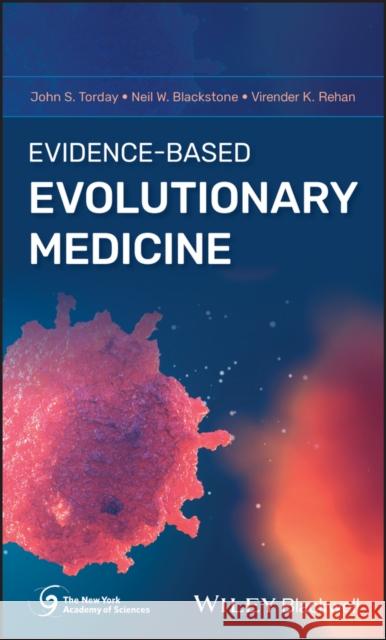Evidence-Based Evolutionary Medicine » książka
Evidence-Based Evolutionary Medicine
ISBN-13: 9781118838372 / Angielski / Twarda / 2018 / 248 str.
The teaching of evolutionary biology in medical schools is becoming more and more popular, yet Darwinian principles and evidence-based medicine remain poorly integrated. Nevertheless, there is a great advantage to this integration: by acquiring an understanding of the underlying principles, the student will find that biology becomes predictive and not just descriptive. The approach the authors take in this book offers this opportunity, making it 'user friendly' for current and future students of physiology, medicine, pathophysiology, epidemiology, etc., etc. By taking the cellular/molecular perspective, the existing body of knowledge can be rearranged to reflect how and why organisms have evolved. There are many textbooks of medicine, physiology and pathophysiology--there are also many textbooks nominally on the subject of Evolutionary Medicine. The problem is that the former are evidence-based, whereas the latter are descriptive and largely lack experimental evidence. The proposed book will address Evolutionary Medicine as Physiology/Pathophysiology from developmental/phylogenetic cell-molecular perspective. By viewing the standard descriptive processes of physiology/pathophysiology from a historic perspective as development, homeostasis, regeneration/repair at the cellular level, the reader begins to understand that there are First Principles of Physiology that have generated existing tissues, organs and organ systems, gaining an understanding of the overall biology as a vertically-integrated whole, from unicellular to multicellular organisms. The book will also address clinical diagnostic and therapeutic approaches, both traditional and cell-homeostatic.











